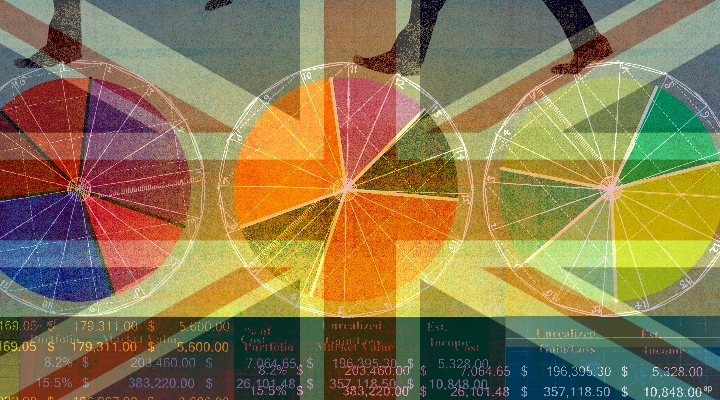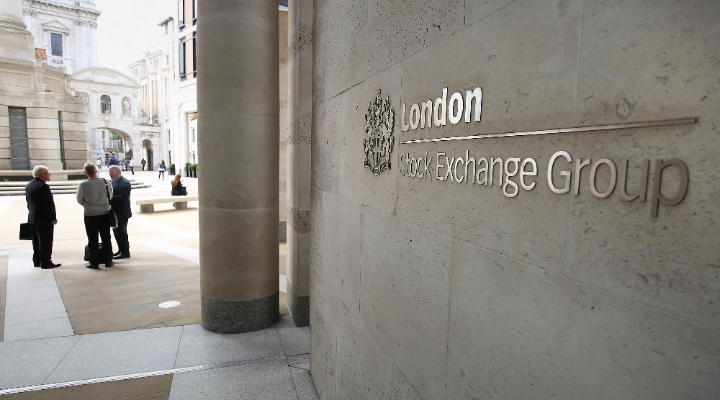
Thematic funds showcase the best and worst aspects of asset management and hence present a daunting challenge for investors.
On the positive side, thematic funds can highlight an asset management firm’s skill in identifying emerging opportunities and crafting creative portfolios to harness them.
Whereas an individual trying to jump on a trend might take a stab at a single stock, a professional investor has the resources to assemble a portfolio of securities representing multiple players riding the trend, as well as ancillary plays on a theme, such as suppliers or service providers or companies that benefit from changes brought about by the trend.
Often, these peripheral bets provide a surer return and help lessen the volatility of chasing a hot theme. Broader diversification also improves the odds that an investor holds one or more of the trend’s big winners, rather than just a bit of the roadkill. A bet on an internet or technology fund over the past 25 years – provided you held on – would have fared far better than one on Pets.com or most other dot-coms.
The Dark Side
The dark side of asset management is its powerful marketing apparatus, which poses a threat to investor success when it comes to thematic funds. Few asset managers launch funds to capture unpopular or out-of-favor themes. Their incentive is to create something that will have immediate sales appeal. But by the time the theme is identified, the funds organised and registered, and the distribution established, the trend is probably well underway and new investors are buying into a surge of excitement.
Unfortunately, an investment’s utility tends to approach its nadir as its popularity nears its zenith, as former Clipper Fund manager Jim Gipson has noted.
That means that most investors in thematic funds buy near the peaks and then lose faith and sell near the bottom. The carnage created by internet funds during the tech bubble or real estate ones during the financial crisis was a calamity for millions of investors and remains an indelible stain on the fund industry’s reputation. With thematic funds especially, an asset manager’s instinct for sales can easily outweigh its obligation for stewardship.
A long tradition of the industry selling what’s easiest to sell and investors buying what’s most tempting to purchase is the asset-management industry’s unspoken shame. It has also been a catalyst for the rise of indexing. Knowing that fund firms too often play on investors’ worst instincts and amplify the fear and greed cycle, many advisers now caution their clients against wading into the dangerous waters of theme investing.
Instead, they advocate simply buying the whole market at a low cost and holding it. If new themes develop and great companies emerge, the index will participate. If the trend goes bust, there will be other parts of the portfolio that absorb the shock. Their logic is compelling, and the wisdom is shown in the successful results this approach has produced.
Still, hope springs eternal and every rule has its exceptions. Only the most dogmatic of investors will insist that there is only one approach. Even some of indexing’s pioneers have bent the rules at times. Jack Bogle continued to hold the actively managed Vanguard Windsor Fund throughout his life. Burton Malkiel, who penned the classic case for indexing, A Random Walk Down Wall Street, concedes that he has regularly bought individual stocks and even advocated a thematic bet on China earlier this century.
Investing isn’t a purity test. You’re allowed to take some chances and have some fun. But do so within reason. It is essential to recognize what’s working against you in trying to play an investment theme. What a fund firm is most eager to sell is unlikely to be the best thing to buy. If you are moving with a surging crowd, you are apt to be crushed when it shifts direction. The more narrow or short term the trend, the less likely you are to ride it successfully.
Not Going Away
Some rules that wise advisors use in counseling clients on this issue resemble those given to gamblers. Don’t bet more than you can afford to lose. Thematic funds are better placed in the fun-money section, rather than the core, of your portfolio. Look for surer bets, not just the long shots. Identify trends that have staying power, like the increased development of technology, the rising demand for healthcare, the move to more sustainable energy sources. Look for safer, less volatile ways to play your theme.
And perhaps most importantly: have a disciplined approach. An investor who threw money at a dot-com startup in 1999 probably had a rotten experience, as did one who jumped on an internet fund only to sell it in 2002 in the name of tax-loss harvesting. But an investor who bought a tech fund during those heady days and continued to dollar-cost average has likely done very well over the ensuing decades, as the internet and technology have radically altered our lives – just as many predicted, but most misplayed.
Despite their rather checkered past, thematic funds aren’t going away. In the aggregate, they will probably continue to do much damage, but that doesn’t mean that the thoughtful investor can’t find ways to successfully deploy such funds or that responsible fund companies can’t explore ways to better package their thematic prowess. An investment trend in motion is a powerful force. Finding ways to harness it is a key to the ultimate success of both investors and the fund industry.




























